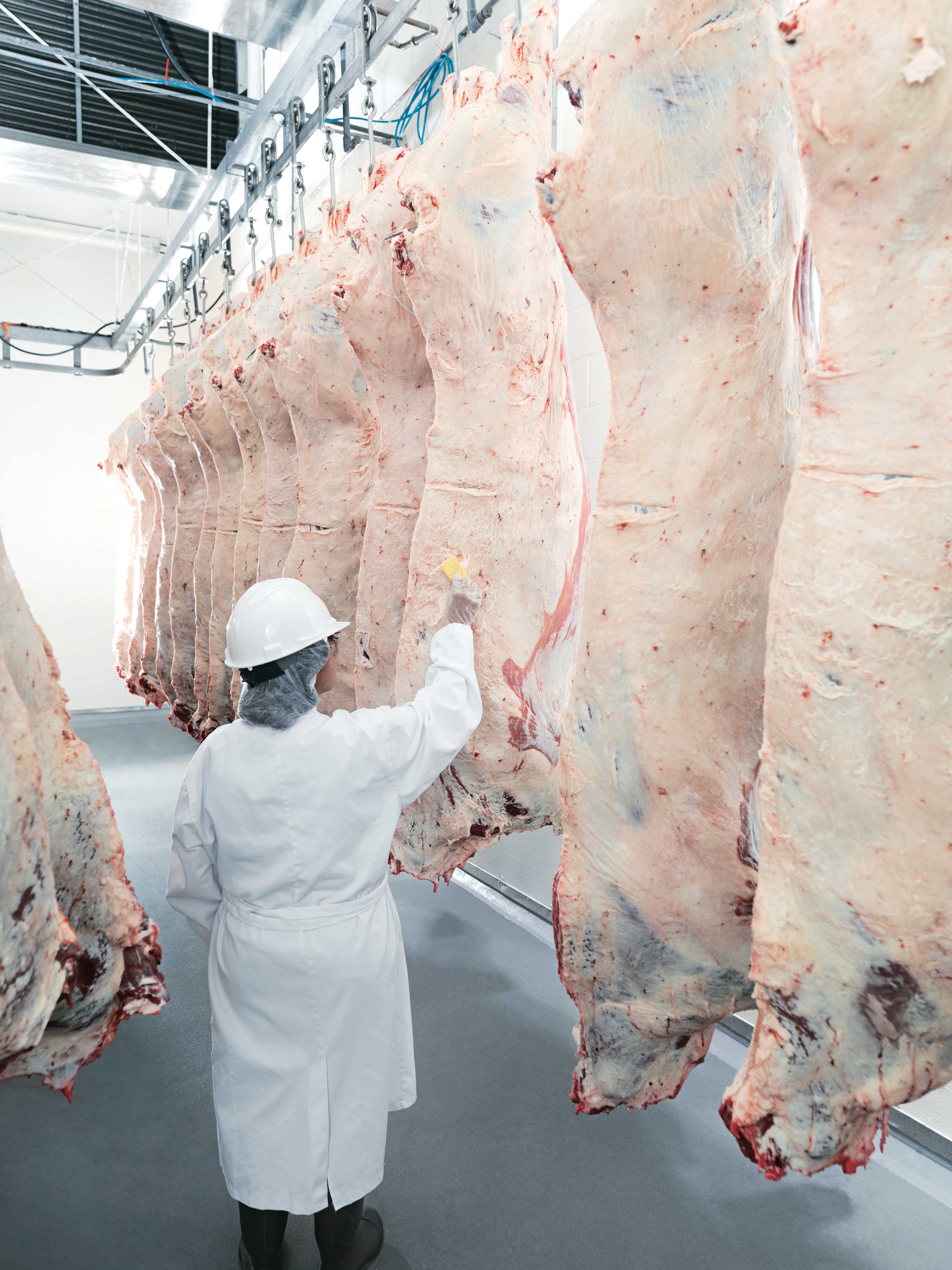Agri-food Sector Welcomes The 2019 Budget’s Immigration Pilot for Foreign Workers

People in Canada’s agrifood sector say they’re hoping a three-year pilot project announced in the new federal budget can help the sector bring in the full-time, non-seasonal workers it needs to fill growing labour gaps — and give those workers pathways to permanent residency and greater protections
CBC News
The Department of Immigration, Refugees and Citizenship Canada says the program will help non-seasonal foreign agrifood workers brought to Canada through the temporary foreign worker program secure permanent residency status, instead of having to renew their work permits repeatedly.
The department says the program will roll out later this year but would not offer a specific start date.
“Migrant workers make huge contributions to Canada because they pay taxes and significantly contribute to the Canadian economy”
“If you’re a farmer and you don’t have secure labour, then you are less likely to make investments in your industry and you are less likely to expand your business,” said Mary Robinson, president of the Canadian Federation of Agriculture (CFA).
The CFA says the new program’s eligibility criteria cover people who work year-round in agrifood businesses — such as butchers and mushroom farm labourers — as opposed to those who work on a seasonal basis, such as harvest workers. In a statement issued last week, the Canadian Meat Council estimated that its sector has over 1,700 job vacancies and said that the pilot program should help find pathways to residency for butchers in all provinces.
“We know that labour is a limiting factor for a lot of agriculture industries in Canada,” said Robinson. “It was reported in 2014 that approximately 26,400 jobs were left unfilled and we lost 1.5 billion dollars as a result.”
The pilot program would be subject to the Immigration and Refugee Protection Act, which would limit the number of workers the pilot places on the path to permanent residency to 2,750 principal applications annually over the three years of the program.
But the labour shortage problem in agrifood isn’t likely to go away soon. A 2014 report by the Canadian Agricultural Human Resources Council estimated that, due to shifts in the Canadian population, 114,000 agriculture and food jobs could be vacant in 2025.
In addition to the labour shortage problem, the pilot also could address worker exploitation issues in the temporary foreign worker program and help foreign workers gain more stability.
Johanna Dennie, a legal aid lawyer, has worked closely with temporary foreign workers in the farming sector. “Foreign workers come to Canada on closed work permits, which means they are tied to specific employers,” she said.
“So if the foreign worker has issues, like being underpaid or forced to work too much overtime, they can’t just leave the job or else it would lead to their removal from Canada.”
Access to social services
A path to permanent residence for foreign workers might solve the sector’s two-pronged problem: agriculture employers would be more likely to retain employees and foreign workers would have access to more of the social programs they help pay for through taxation, such as Employment Insurance and the Canadian Pension Plan.
“Migrant workers make huge contributions to Canada,” said Dennie. “They pay taxes to these social programs and they significantly contribute to the Canadian economy. Permanent residence status would lead to more meaningful social integration.”
The pilot is a collaboration between Agriculture and Agri-food Canada and Employment and Social Development Canada (ESDC). This announcement comes after the ESDC published a review of the temporary foreign worker program last month which involved interviews with stakeholders, industry leaders and foreign workers. The review recommended that more opportunities be provided to allow workers in the program to seek permanent residence.
In the meantime, the CFA awaits more details on how the pilot will be implemented and says it would like to help administer it. The CFA says it wants to see the program expanded in the future to meet long-term labour shortages.












